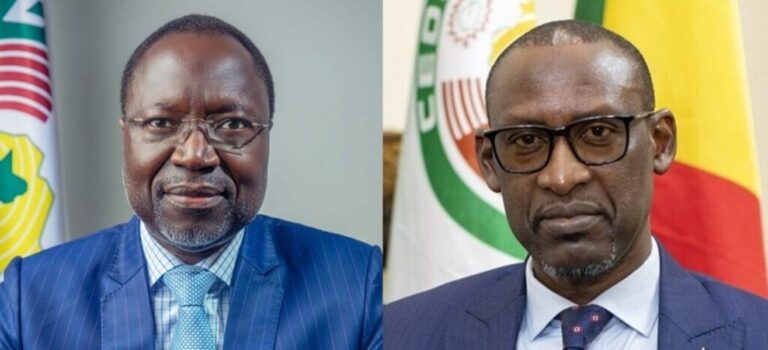This move follows Mali’s decision to leave ECOWAS, announced at the 66th ECOWAS Summit held in Abuja on December 15, 2024.
Mali’s withdrawal from ECOWAS comes after years of strained relations, marked by economic and diplomatic sanctions imposed by the regional bloc. This decision was further solidified by the formation of the Sahel States Alliance (AES) in September 2024, a bloc comprising Mali, Burkina Faso, and Niger, which is viewed by some as a counterweight to ECOWAS’s perceived external influences.
Despite the impending withdrawal, ECOWAS Commission President Dr. Omar Alieu Touray has emphasized the organization’s willingness to maintain dialogue with Bamako. In a formal correspondence, Dr. Touray proposed a technical meeting to discuss the practical implications of Mali’s departure, particularly concerning economic and security matters.
While AES leaders have maintained that their decision to leave ECOWAS is irreversible, signs of potential de-escalation have emerged. Notably, AES recently reopened its borders to ECOWAS nationals, indicating a possible avenue for improved relations.
ECOWAS has granted AES a six-month period to finalize the withdrawal process while keeping the door open for a potential return to the bloc. Senegalese President Bassirou Diomaye Faye, appointed as mediator, is set to visit AES member states to encourage reconciliation and explore pathways for reintegration.
Mali’s withdrawal from ECOWAS raises concerns about the potential disruption of intra-regional trade and access to community financing. Furthermore, it could undermine crucial security coordination efforts in the fight against terrorism in the Sahel region.
MD/sf/ac/lb/abj/APA


